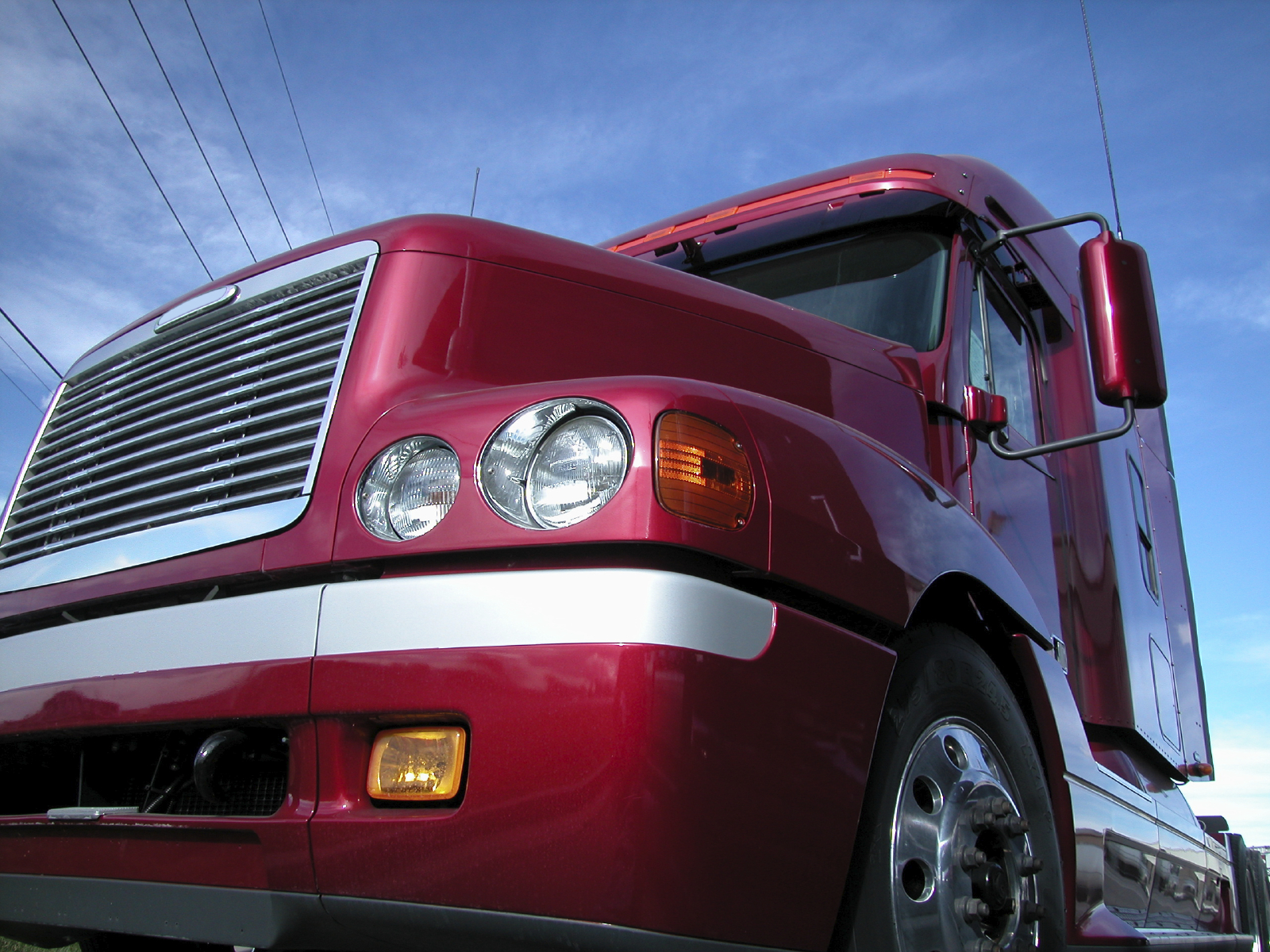Article credit transporttalk.co.nz -motor industry news specialists for decades.
Road freight industry group Transporting New Zealand is calling on the Government to take swift action and fund more road maintenance following a record number of complaints about vehicle damage caused by potholes.
Waka Kotahi has confirmed it received its highest number of complaints about vehicle damage caused by potholes in the first 10 months of2022 (555complaints compared with 421 in 2021).
“The busy summer holiday period has highlighted just what an appalling state much of our roading network is in,” Transporting NZ chief executive Nick Leggett says.
“It’s not just about road maintenance. We also need the Government to recommit to new roading capacity to ease the strain on our existing network.”
Leggett reckons the Government is too focussed on pinning the blame on previous governments, road users, and the weather, rather than stumping up and making the necessary investment in the network.
“We acknowledge that there are a number of factors beyond the current government’s control impacting our road network, but the blame-game isn’t going to fix the potholes stop people’s vehicles being damaged.”
The road transport body says it was “disappointed” to see a recent tweet from Transport Minister Michael Wood pointing the finger at larger trucks.
In the tweet, the minister blamed the 2010 policy change allowing 50MAX heavy trucks (up to 53 tonnes) on the roads.
Wood referred to the “4th power law” which states that the greater the axle load of a vehicle, the greater the stress on a road. He says the introduction of heavier trucks came at a time when the National Party “froze” maintenance budgets.
However, Leggett says the industry rejects the accusation heavier trucks are to blame for the poor state of the roads.
“Peer reviewed studies referenced on NZTA’s own website confirm that 50MAX trucks have no more impact on pavement than a standard Class 1 vehicle, due to their additional axle configuration.
“Even if they did, New Zealand’s road user charges system is calculated based on the vehicle’s impact on road surface, so trucks and heavy vehicles are more than paying their way.
“It’s unhelpful for the Transport Minister to be making these comments, especially as 50MAX trucks can reduce road freight carbon emissions on a tonne/kilometre basis by up to 35 per cent,” Leggett says.
The introduction of heavier vehicles meant that more freight was able to be carried by fewer trucks, thereby reducing emissions and increasing the efficiency of freight movement.
Transporting NZ has suggested that the minister have officials investigate “eco-trucks” as further way of securing immediate wins in the battle to reduce emissions from vehicles. This includes supporting Euro 6 and the emerging Euro 7 vehicle efficiency standards.
The road maintenance crisis comes as Government ministers have been asked by the Prime Minister to assess their spending priorities over the summer break.
Transporting NZ says it’s encouraging the Government to increase funding for road maintenance and new investment in state highways, despite the challenging economic conditions.
“The best way forward for New Zealand is to invest in infrastructure that supports our economy. New projects will help us grow our way out of our recessionary environment.
“Ninety-three per cent of all products in New Zealand are delivered by truck. Doing nothing about the state of our roads will literally bring the domestic economy to a standstill,” Leggett says.





























.jpg)

.png)






